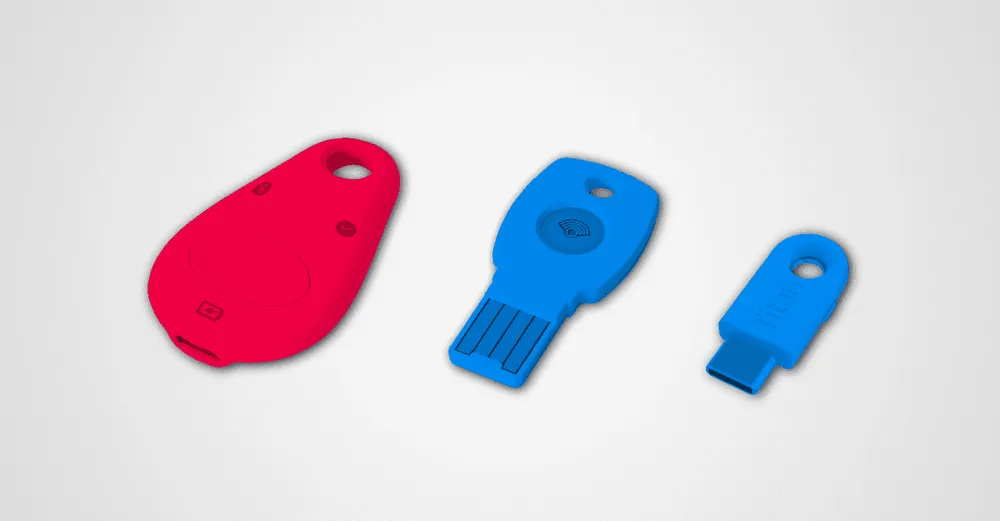Google discontinues Bluetooth security keys to focus on NFC versions
Google has announced plans today to discontinue its Bluetooth-based Titan security keys and focus on NFC-based versions going forward.
As part of this decision, starting tomorrow, August 10, the company will stop selling Bluetooth-based Titan keys on its official store.
Only two security key models will be available from tomorrow, namely Titan keys with USB-A and USB-C connectors, both of which also support NFC (Near Field Communication) for mobile connectivity.
Google said the USB-A (+NFC) key, which includes a USB-A to USB-C adapter, will be available for $30, while the USB-C (+NFC) key will be sold for $35.
NFC security keys are easier to use
Security keys usually serve as a second verification factor in login operations, on top of an account's credentials. Once a user enters a correct username and password, they are asked to provide a cryptographic token generated on the security key.
The token is usually provided by connecting the security key to the user's device via a USB connection. However, when USB ports are not present, security keys can provide the tokens via Bluetooth or NFC-based radio connections.
Google did not disclose why it was discontinuing its Bluetooth-based security keys but only said that since NFC functionality is now broadly available on modern smartphones, it decided to focus on this technology since it's easier to use compared to Bluetooth keys.
This decision might be related to the fact that Bluetooth keys need to be paired with a device—such as a smartphone or a laptop—before they can be used, something that might not be intuitive for non-technical users.
On the other hand, once a security key is added to a Google account's settings, NFC keys can be used right away without going through a "pairing" procedure, with users being able to immediately verify login operations just by bringing the NFC security key next to a device without any other prompts.
The 2019 Titan BLE keys recall
Further, Google's decision to drop support for Bluetooth keys might have also been influenced by the relative insecurity of the Bluetooth protocol that has seen several security issues disclosed in recent years.
For example, one of these bugs, discovered by Microsoft researchers, forced Google to recall and replace a large number of Titan T1 and T2 security keys back in 2019, something that probably did not go down well with the search giant's management at the end of the year.
Catalin Cimpanu
is a cybersecurity reporter who previously worked at ZDNet and Bleeping Computer, where he became a well-known name in the industry for his constant scoops on new vulnerabilities, cyberattacks, and law enforcement actions against hackers.



